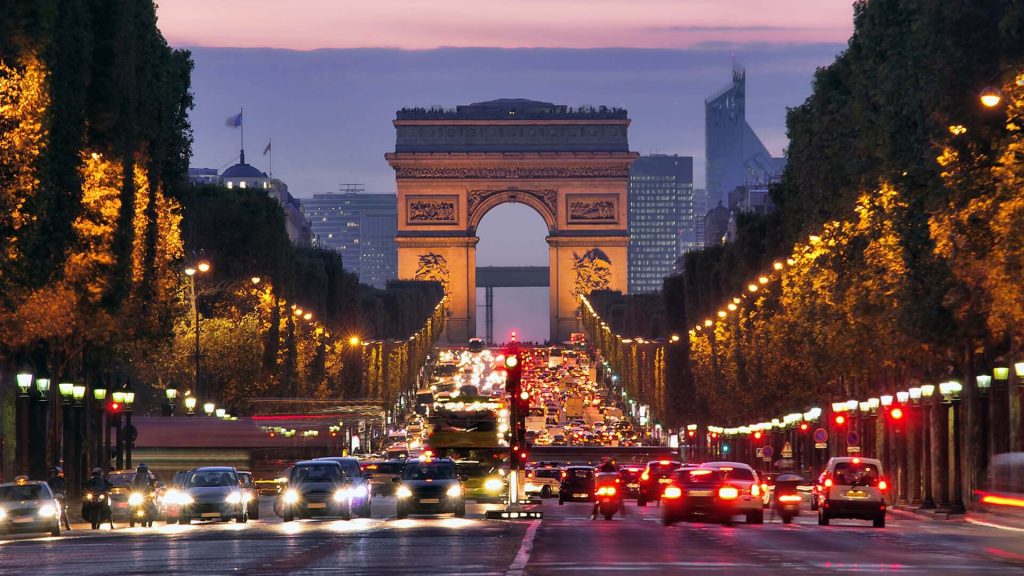
From Amsterdam to the Algarve to Barcelona, tourist accommodation will be more expensive in some places this year due to hikes in the tourist taxes adopted by many European destinations. One key reason for this is the need to limit the negative effects of overcrowded tourist areas.
The start of the new year always brings its share of changes, including price hikes. And travellers are not spared, not even those planning a city-break in Europe. In fact, the increase in Amsterdam’s tourist tax has caused quite a stir. Said to be the most onerous in the European Union, it has risen from 7 per cent to 12.5 per cent of the cost of a night’s stay in a hotel. This price increase will apply from the beginning of this year. The tax on cruise passengers visiting the Venice of the North is also rising, from €8 (RM40.60) to €11 per person per day. Announced last fall, this policy was presented as a means of combating the harmful effects of overtourism.
But Amsterdam isn’t the only destination to take such a step. According to a 2020 report by the NAO Group and GDS-Movement, seen and summarised by Schengenvisainfo.com, “more countries are imposing tourism taxes lately, especially in the US and Europe,” thus generating “more funding to reach their green goals” through sustainability initiatives.
So you shouldn’t be surprised to find yourself paying more for a night’s stay in a hotel in the coming months, especially in Spain. In Valencia, all types of accommodation will be subject to a tourist tax, which will vary from €0.50 to €2 per night. It remains to be seen when this measure will come into effect. In Barcelona, it’s already been voted: the tourist tax is set to rise to €3.25 from April 1 ― and that’s no April Fool’s. Up from €2.75 in 2023, the tax has been rising steadily since June 1, 2021, in line with the timetable laid down by Barcelona City Council.
Meanwhile, in the Algarve, the Portuguese town of Olhao has not waited until 2024 to fill the municipal coffers with a tourist tax whose value fluctuates according to the season, just as in Croatia. Visitors pay €2 per night between April and October, but only €1 between November and March, although the total amount is capped at five nights and there’s no charge for children under 16. Olhao’s measures echo the policies already implemented in two other Algarve municipalities, Faro and Vila Real de Santo Antonio
An increase in tourist tax can also be expected in Iceland, according to statements made by Prime Minister Katrin Jakobsdottir to Bloomberg last September. Here again, the motive is overtourism and the need to preserve the environment. However, as yet, there’s no word on the amount or the date of entry into force of this policy, which forms part of a broader aim to achieve carbon neutrality by 2040.
Finally, Denmark has decided to impose a tax, not on accommodation, but on air travel from 2025. The Danish government has proposed to finance the ecological transition by introducing an average tax of 100 Danish kroner. More precisely, according to the Danish Ministry of Finance, each passenger will be subject to additional charges depending on the distance of the flight, ie. 50 Danish kroner for intra-European travel (approx. €6.70), 310 Danish kroner for a medium-haul flight (approx. €41) and 410 Danish kroner for a long-haul flight (approx. €55). ― ETX Studio
